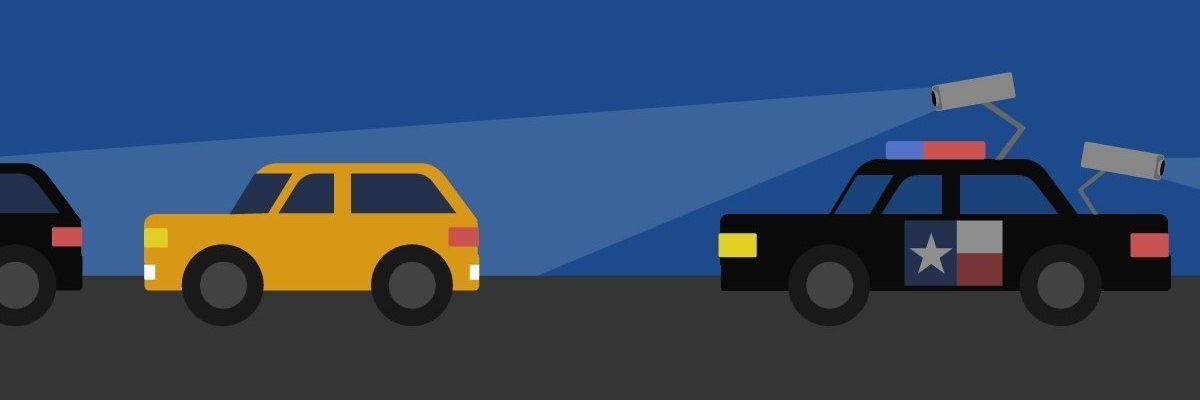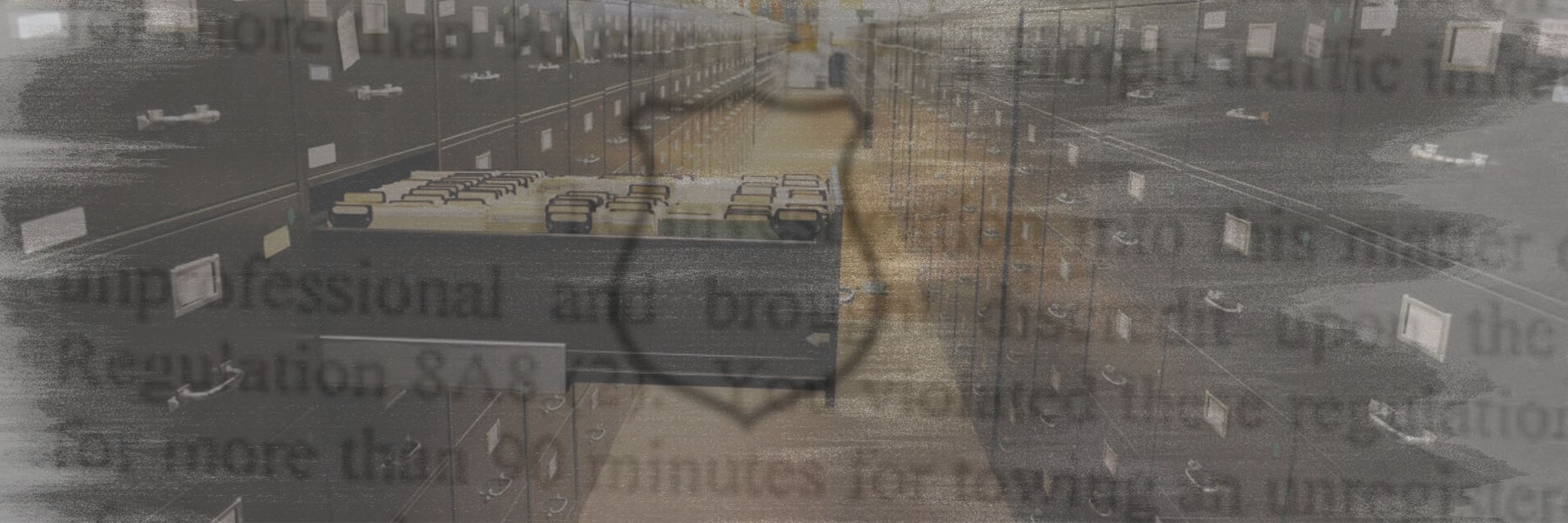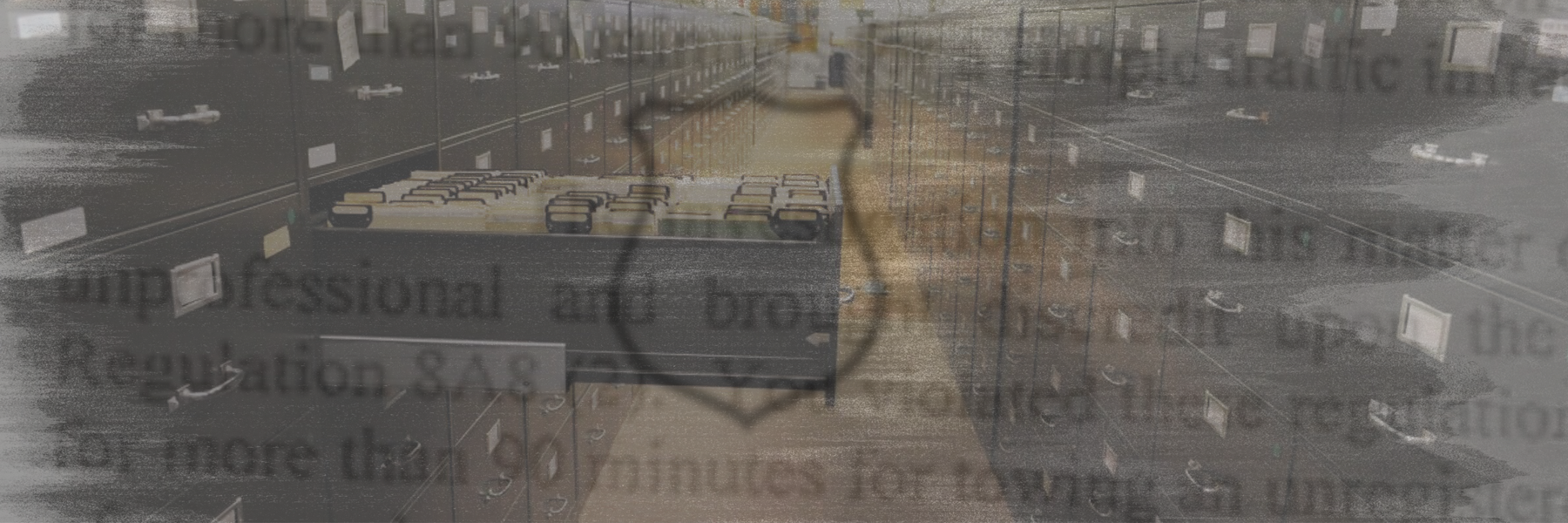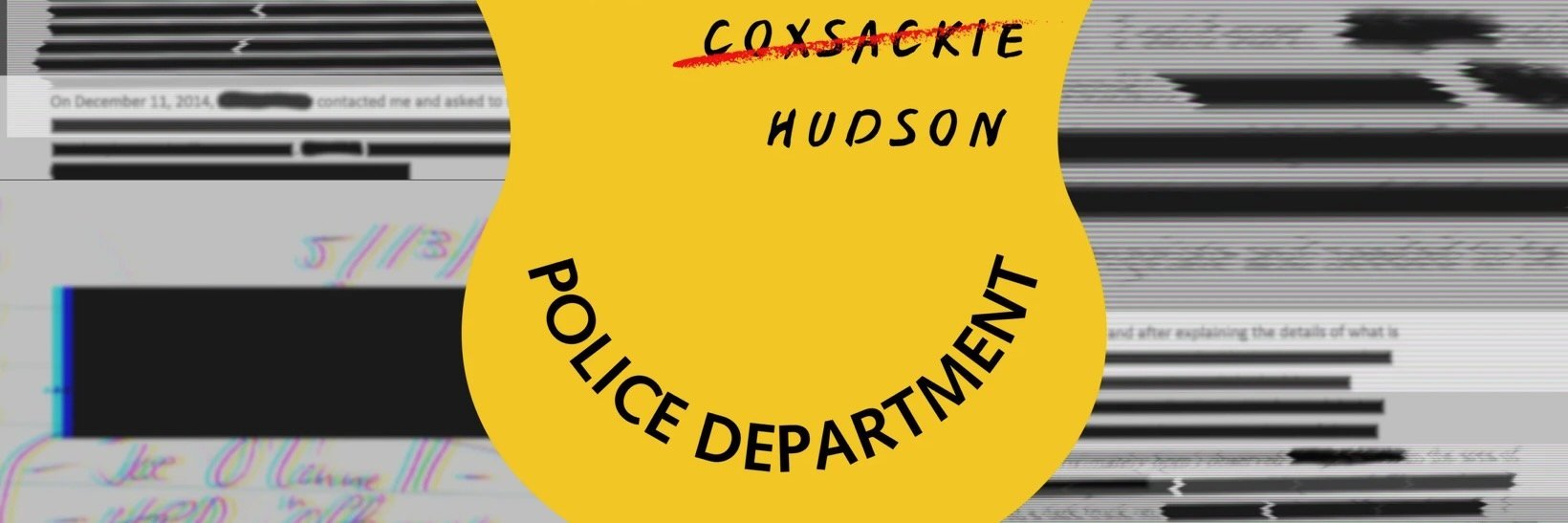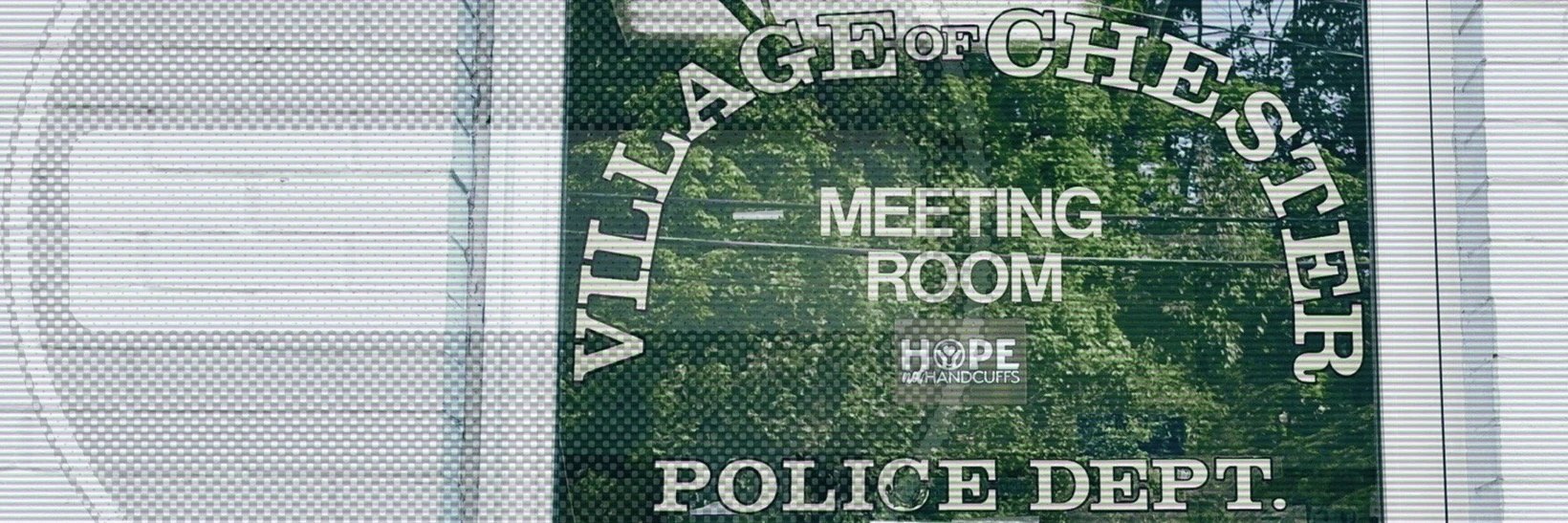Over 100 additional requests related to police departments’ use of automated license plate recognition technology (ALPR) have been submitted to government agencies identified by MuckRock readers as needing further scrutiny.
In November, MuckRock and the Electronic Frontier Foundation launched a crowdsourcing campaign within our ongoing project to access and study information on the ways that agencies are gathering and sharing ALPR data, and we asked our audience to help. We opened up an Assignment to ask our readers which of their hometowns should be transparent about using this recent development in surveillance technology. Thanks to the contributions of dozens of individuals, we now have access to the data sharing reports and policies in communities from Bridgewater Township, New Jersey to Schaumburg, Illinois and Longboat Key, Florida.
Thousands of police departments in the last few years have adopted ALPR technology. Comprised of constantly-operating cameras, software to identify license plates, and a data sharing network - now spanning most U.S. states - it has been touted as a help for law enforcement; these agencies are then able to compare scanned vehicle information against a “hot list” of subjects of interest. However, its potential aid in a few situations hasn’t yet justified the widespread potential for privacy abuse and the unwarranted surveillance of the vast majority of people being added to these databases, which are being shared with agencies beyond police in this state and across the country.
Until recently, Sacramento County’s Department of Human Assistance was among these non-law enforcement agencies using ALPR data for its own purposes. Based on records obtained as part of this joint effort, EFF identified in July that DHA was accessing Vigilant Solutions’ LEARN System, the database of collected plate information, without creating the privacy and usage policies mandated by law; nearly two dozen people in the agency’s welfare fraud department had access to millions and millions of pieces of vehicle location data without oversight nor the expectation that their searches should have a reason or record. Once the legal failure was made public, the non-profit Coalition of California Welfare Rights Organizations followed up with the agency, and in a November 7th, 2018 letter to CCWRO, the DHA Director Ann Edwards confirmed that the agency would discontinue use of the system. “We reserve the right to resume use of this data,” she wrote, “but will not do so without first letting you know.”
Such failures can be brought to light through use of the public’s accountability mechanisms, like public records requests designed to specifically question police departments, under the power of state Right to Know laws, about their practices. If you would like MuckRock to include your town in our survey, you can add it to our Assignment, and we’ll file a request for your local law enforcement agency’s ALPR materials.
The most widely-used purveyor of ALPR data is currently Vigilant Solutions, which is a division of VaaS; agreements with Vigilant were the main focus of the MuckRock and EFF ALPR campaign due to how much more common they are currently than police department contracts with other providers.
Last week, Motorola Solutions - which, along with Motorola Mobility, was created in the wake of Motorola Inc.’s 2011 dissolution - announced that the company had purchased VaaS, looking to expand its offerings to law enforcement.
“With this acquisition, VaaS will expand our command center software portfolio with the largest shareable database of vehicle location information,” Motorola Solutions CEO Greg Brown said in a press statement. Representatives for the companies, however, were unable to clarify exactly how large that database is. By all appearances, however, they anticipate that it will continue to grow and that the video recognition software that they’ve patented will find additional uses in markets domestically and abroad.
In a statement to MuckRock, a representative from Motorola Solutions wrote:
“The acquisition of VaaS expands Motorola Solutions’ command center software portfolio with vehicle location information that can help first responders shorten response times and improve the speed and accuracy of investigations. Motorola Solutions and VaaS place the highest value on privacy and compliance with the law. We are committed to developing products and services that help create safe communities and thriving businesses, while maintaining individual privacy. We use robust technical and organizational controls and apply strict internal rules focused on mitigating risks associated with the collection, use and storage of data, including data related to VaaS solutions. In addition, we regularly evaluate potential concerns about technology and privacy, and we integrate the results into our products, policies and internal systems.”
The ALPR Campaign Assignment will remain open for the foreseeable future. Want to help track the trajectory of this technology and bring some accountability to your hometown? Let us know or send us your comments via the Assignment below.
Header image via the EFF and is licensed under CC-BY 4.0
